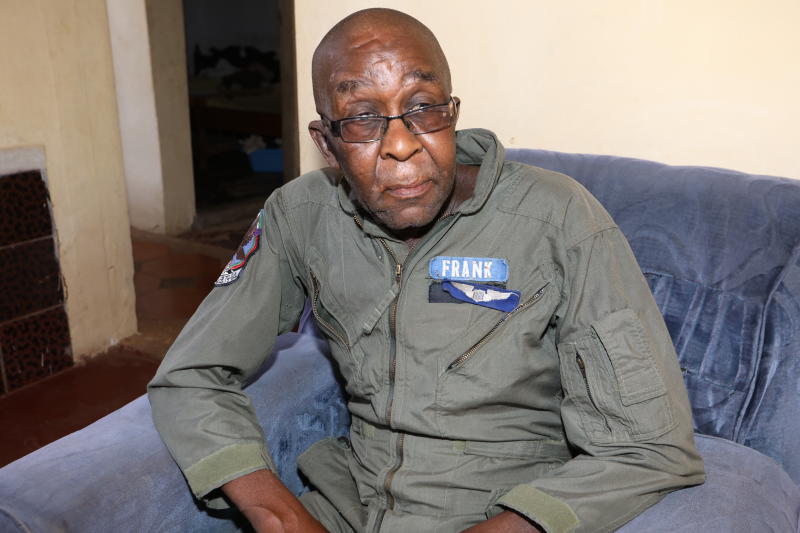
January 7, 2018 started like any other day for Captain Frank Njoroge. He was flying a Cessna Caravan. It had been hired by a Juba-based NGO to carry its staff to Juba. He had flown planes for more than half his life, and this wasn’t supposed to be any more exciting than usual. But it was. Because it was the last time he would fly a plane.
“Besides my co-pilot, Captain Kennedy Shamalla, there were nine other passengers on board. The plane lost power in the South Sudan airspace and went crashing into a fence and through three mud houses. One passenger died. He was an old man,” he says, sorrow etched on his weathered face.